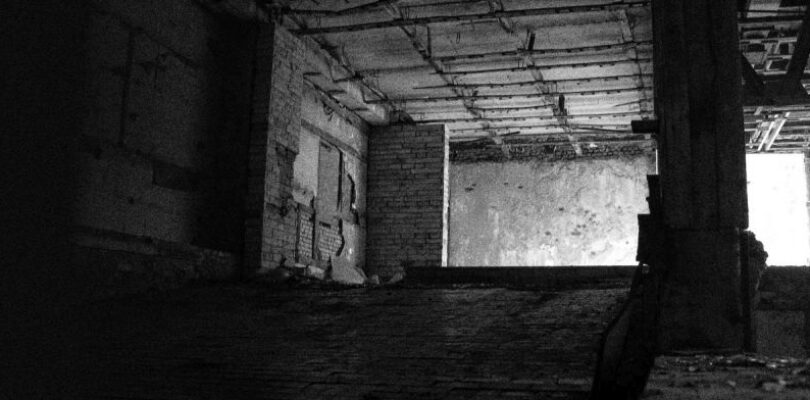Not more than a month ago we were thrilled to hear the news that work on This War of Mine The Board Game has started. Today we’ve prepared something special for you, not only did we interview the creators, who revealed some of their secrets, but we’ve have something extra!
Especially for this interview the designers of the tabletop version of the game – Michal Oracz and Jakub Wisniewski – have prepared a never seen before collection of graphics, where you can’t actually see the game itself but rather the incredibly moody locations where the game will take you. Earlier we’ve interviewed 11 bit studios about how This War Of Mine was borne and now we’d like to invite for the interview with the people behind the board game version.
Settled Gamer: Currently you’re working on the tabletop version of This War of Mine. Taking the incredibly difficult topic of this game into account, a question arises about presenting the mood of war and most of all its nightmares, that the victims must survive through. What is your take on this?
Michal Oracz: Half of such mechanisms are already done by the 11 bit studios in the digital game. Our most important job for this aspect is to perfectly translate all of those things, that made us fall for it at the very beginning, into the board game genre. In tabletop games we don’t have music (even if it will be available in the app that will accompany the game, not everyone will be using it) nor animations so we must tell this part of the story with an entirely different language. What we do have instead is equally powerful – a group of live people sitting by one table. The whole trick is to move all that is most important for a game above that table and into the heads of those beside it. Once they begin to talk about it amongst themselves, that’s it.
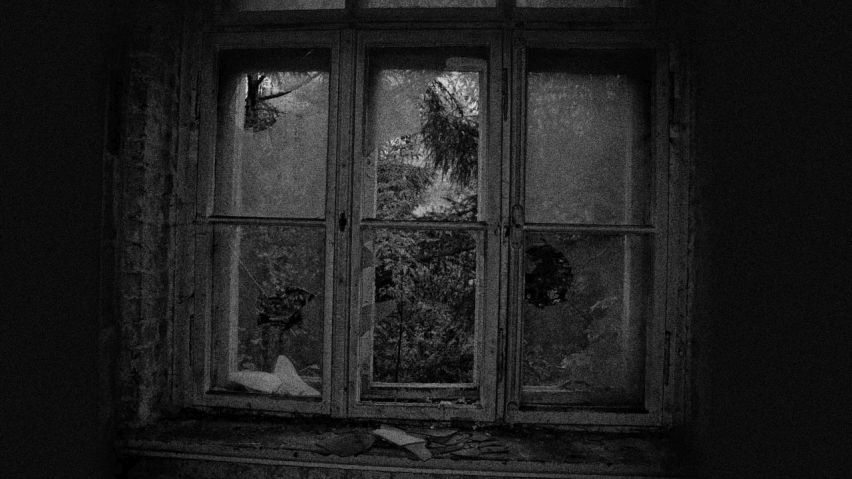
For quite a long time, since a period when our main thing was publishing roleplaying games, we’ve been certain that any good game with a story is composed of the choices made by the players. Real, tough, not pretextual, not random and not obvious choices. The game happens when a choice is made. Not when he or she does whatever the game tells them to do, based on some obvious calculation or random event. This War of Mine is all about decisions that need to be made and about the consequences that follow. It is the perfect material for a game, which will call to real emotions not only logic. With games too heavily focused on logic cold calculations, precise statistics, searching for the optimal solutions for a given situation or movement optimization are the only aspects that matter. It is not so in This War Of Mine.
And this is the take we want to import from the roleplaying games and put into this board game adaptation.
SG: In my opinion one of the best advantages of board games is how easily they can be accessed. In all of your press materials you stress out the Instant Play feature, meaning we will be able to start the fun and amusement almost immediately after taking it out of the box. How does a process of creating such a game look like? Do you make the rules first or maybe the contents of the box that you’ll offer? Or maybe it is something else entirely?
Michal: You see, this accessibility of the board games you speak about is the problem. The complex ones, that try to carry some larger plot, are in most cases very demanding in terms of learning a very large and also complex rulebook or at least they demand that you know some of the most typical board game mechanics from similar games.
An even bigger problem lies with the designers and publishers who treat this high threshold as something normal and make very few if any efforts to change this. Of course the form of the rulebook and how the rules are written are evolving for better but what we could really use is a more drastic step – removal of the rulebook, or at least the necessity of reading it before the game.
When an average person buys a game, they open the box and simply want to play what’s inside, to dive into this new fantastic adventure that lured them into buying it in the first place. The theme, the cover, a known universe – this is what what helped to make the decision. And all of a sudden this person hits a concrete wall: the rule book. He or she starts reading it, gets stuck at some point and gets discouraged. The rulebook lands in the box and the box lands on a shelf to serve as a dust collector. And what about those who will play the game with the rulebook? Well these are the people who form what we call the board games market. A small percentage of players who got through the aforementioned wall. All others are scared away by the high wall we’ve built.
Another trap, set by ourselves (game publishers) consists of the ever perfected ways for analyzing our current market and our target. This way we analyze the needs of the niche that we’ve created by publishing our previous games. And so the circuit is closed. It is simply feedback. We make sure to fit in the new titles for those “rule readers” and therefore make sure it remains even more solid. Of course this is not a bad thing (I am as much a part of this as any other person). The only thing that makes me a stand out is the knowledge of how many potential players we are losing. What is worse, we’re constantly discouraging those potential players because whenever they want reach for a box that interests them, a thick, difficult rulebook falls out and it separates them from the game that initially seemed interesting. It is because an average person wants to simply play a game. Play it right away, Instantly.
Anyone who works for the mobile gaming industry knows this simple rule perfectly well. Would it be a good idea to put five questions polls, a log in screen, a boring tutorial, a manual, a ton of fluff and a necessity to click “NEXT” twenty five times before any actual (mobile) game can be played? Would anyone play such a game or would they rather immediately uninstall it from theirs devices to save some space and look for something quicker? That’s it. And isn’t it the case for most advanced story oriented board games? It is high time to change it.
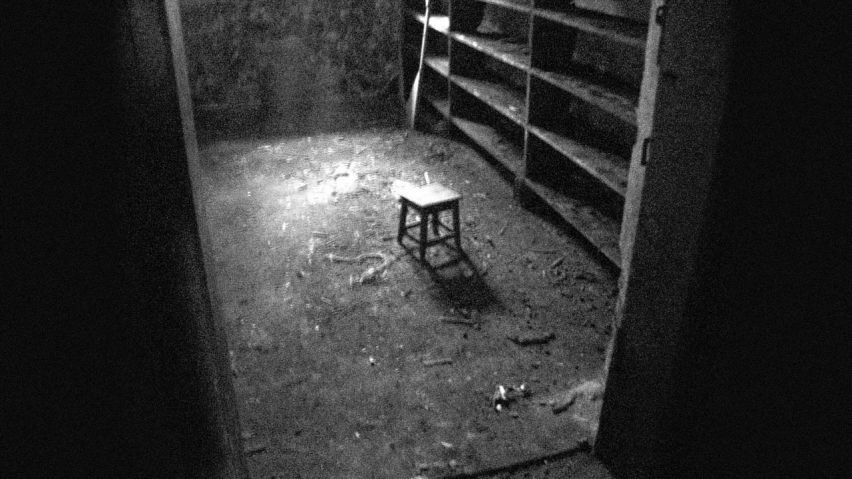
Jakub Wisniewski: It is curious that in your question, you used the word “amusement” in relation to board games. It is a common stereotype, it is well rooted and fixed. What we intend to do is to slightly change the perspective.
Most board and card games are logical puzzles, armwrestling but with brains or ways for testing one’s reflexes. A medium like board games has a much larger potential than we are only starting to explore. Using the theme and the solutions from the original title we want to show a few of such possibilities that lay within this medium. Our goal is to present This War of Mine The Board Game not so as a form of amusement but more as an experience, a simulation. The process of creating a board game… well it is a bit like woodworking, meaning carving a lot of small pieces, constantly checking if you are in harmony with your own concept and keeping your own basic assumptions.
SG: Can you reveal anything regarding the mechanics of your upcoming game?
Jakub: I thought we’ve already revealed too much (laughs). Since the very beginning we agreed to dose the information regarding the game, keep all the aces up our sleeves for the grand finale. What I can say this far is that while working on this tabletop adaptation of a digital game we focus mainly on the aspects that are almost impossible for digital games. The times of LAN parties are long over and so the players rarely see each other (well maybe during esports events). Even if you’ve got a bunch of people in front of a TV with a console connected to it, the game they are playing does not explore what happens outside of the screen. Video games are usually not designed with social meetings in mind.
With a tabletop game the situation is opposite. Board games force the company of other people with whom you can share the experience and the emotion. Face to face, focusing on people not on the game itself. And this will be the most important part of our gameplay – emotions and choices, both made by us and by our companions. All this will form a story, that we’ve built and afterwards it is up to us and our choices if we will look on others in the same way we did before.
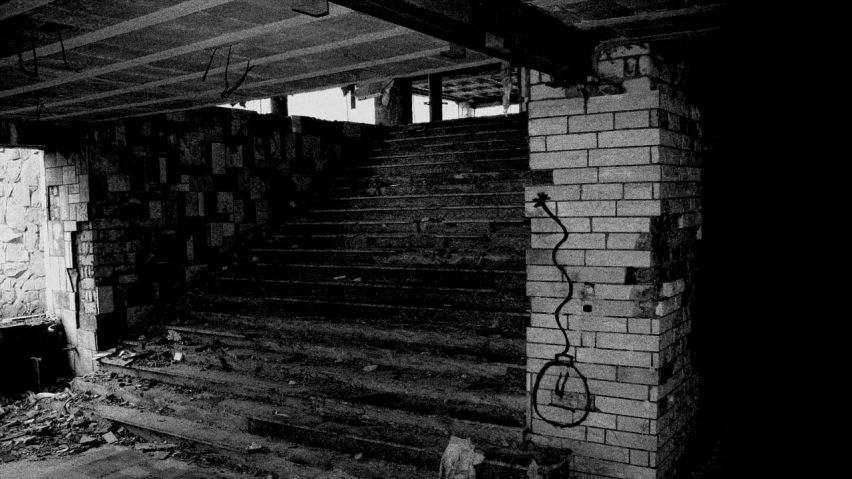
Michal: Firstly we’ve translated the all that we know from the digital version. So in the tabletop version we will clear the rubbles, search through rooms of our shelter, use the workshop to tinker new tools and equipment essential for our survival, we will collect water, set traps for small animals, cultivate the improvised garden or fix the walls and the roof to prevent the deadly cold from entering our shelter. As survivors we will try to brighten up the time we spent in waiting for the nightmares of the war just outside our windows to end, we will try to cheer up those who will grieve for their lost families and companions, everyday we will struggle for survival, a spark of hope and a bit more strength to carry on with the apocalypse happening in our backyard. Under the cover of the night we will scavenge chosen locations in search of things necessary to our survival. All this amongst the chaos of a war torn city. We will meet dozens of strangers – some like us, scarred, sick, starved, wounded or deprived of all morals. We will encounter soldiers with different attitudes, deserters, robbers, doctors, journalists, children…
Each day will bring a change in the ongoing conflict, often enabling us to foresee the events thanks to the radio transmissions. We will be visited by our neighbours, by vagabonds and traders. During night we will guard our shelter, on each step of the playthrough we will be forced to make difficult decisions the consequences of which will be visible in days yet to come.
From all the board game mechanics that carry the whole bulk of this simulation and the experience, the most crucial is the one that will cause each gameplay to become a separate and unique story. What is more the basic parts of gameplay will almost never be the same even after dozens of playthroughs. It is called the Scripts Mechanism. We’ve played many games that operated with certain methods of creating a story (paragraphs, cards, scenarios) and all of our experiences, the good and the bad ones, went into forging of this Scripts engine. I think that what we have to propose may find its way into the tabletop world and nest there for longer.
SG: Will the players cooperate or rather compete against each other? Or maybe the game will offer different possible scenarios?
Jakub: In This War Of Mine a group of people is facing the worst of all possible situations. These people are often the difference between survival and certain doom for each other. Constantly in mortal danger. They stick together for good and bad. In this basic element of the game we are 100% in harmony with the original creation of 11 bit studios. Of course everybody wants to survive at all costs, which is not an easy task itself. The biggest issue here is to make it through without losing your humanity.
Of course we’ve added different modes of gameplay (family / mature, solo, various scenarios etc.), the length of the game can also be set. So if you’d ask me if there will be a pure versus mode in it, I’d say no.
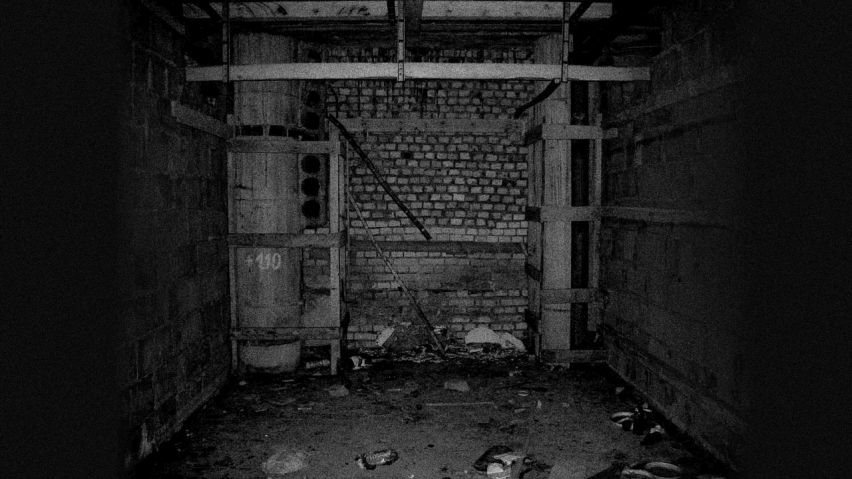
SG: We already know that the game will offer a solo variant. Yet board games are mainly associated with having more players by the table. What will the game, you’re working on, offer to lone wolves?
Michal: The solo variant is a certain standard in the board gaming world, designers more often now than before try to place a single player mode in their titles. Yet you are right that it is a bit controversial – since most board games are advertised as a way of escaping the digital world in favor of face to face meetings, where no screen separates us from our friends and from a shared experience also being an alternative to social events in pubs or at work.
However it cannot be denied that a lot of board games have gained considerable affection from players due to their solo variant. I think it is partially because of very prosaic reasons: you’ve spent money on a game, you are simply in love with it and your friends gather too rarely for your liking, so at least you get to enjoy it in some way by yourself.
In case of This War Of Mine the original game is a solo experience, so the tabletop adaptation must, in sort of a tribute, posses a similar mode. Most of the mechanics will work very smoothly in a one player mode, without the necessity of changing anything, so this did not cause us much troubles. However we do miss something important whilst playing by ourselves – all the doubts and dilemmas a player might face remain in his or hers head.
Jakub: A lone wolf type of player will have a more strategic and intimate experience with the game. It won’t be possible to blame the consequences of choices made (be they good or bad) on anyone else. No outside remarks, commenting on the morality of one’s actions. The game itself will evaluate the player at end of the game by presenting the Epilogue, which will be the sum of all decisions made. The Epilogue mechanism is the same for the multiplayer variant.
SG: What about the app that you plan to release with the game? Will it be necessary for the game or will simply supplement the contents of the box?
Jakub: Most certainly the app won’t be necessary to enjoy the game. It will rather enhance the experience, provide convenience. We realize that a lot of people out there don’t like such solutions and we respect that. But we also know that a lot of people will gladly use their tablets and smartphones. The app will allow for an even deeper immersion with the experience and setting of the mood. It will be strictly connected with the game’s main ‘engine’ yet what it will mainly focus on will be mechanisms that create the story – Scripts and Epilogues.
Michal: The app will also allow us to broaden the form in which the Scripts will work by some animations, music, complex illustration or mini-audio dramas. The potential of this app in regards to the plot and story is incredible (even though the app itself will be rather simple in its form). But it will always be nothing more than an addition to the core game that you’ll find in the box.
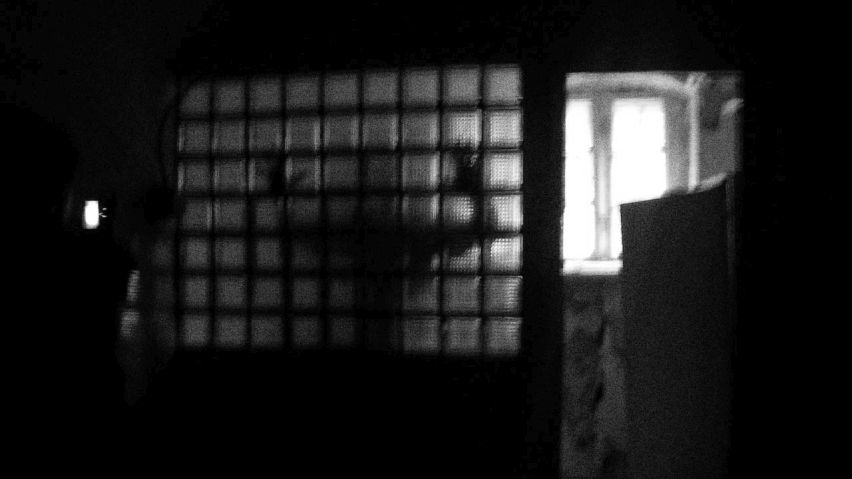
SG: How would you define a settled gamer?
Michal: A settled gamer? Well, for me it’s a guy who’s done chasing his material dreams. Either fulfilled them or simply abandoned. He’s got a stable job and a satisfactory income, his future seems to be certain (unless the world decides to play a prank on him), he owns a house or a flat, maybe has a family. He probably lost his teenage, fierce spirit, stopped chasing the horizon and tilting at windmills. He got used to how things are and no longer wants to change the world. But all the same he keeps on playing (laughs).
Jakub: Honestly it is the most difficult question so far. Such an incredibly long list of traits comes to my mind that it is hard to define and choose. I’ll just try answering through my own example. I think of myself as settled man – in terms of: emotions and life situation, I have always been a gamer and will be until my days are over. What defines me? I think the fact that there are all those little notions (monsters) that scream: „pick me, pick me, pick me!” and I am still able to isolate myself from them and everyday life to dive into some incredible adventure!

